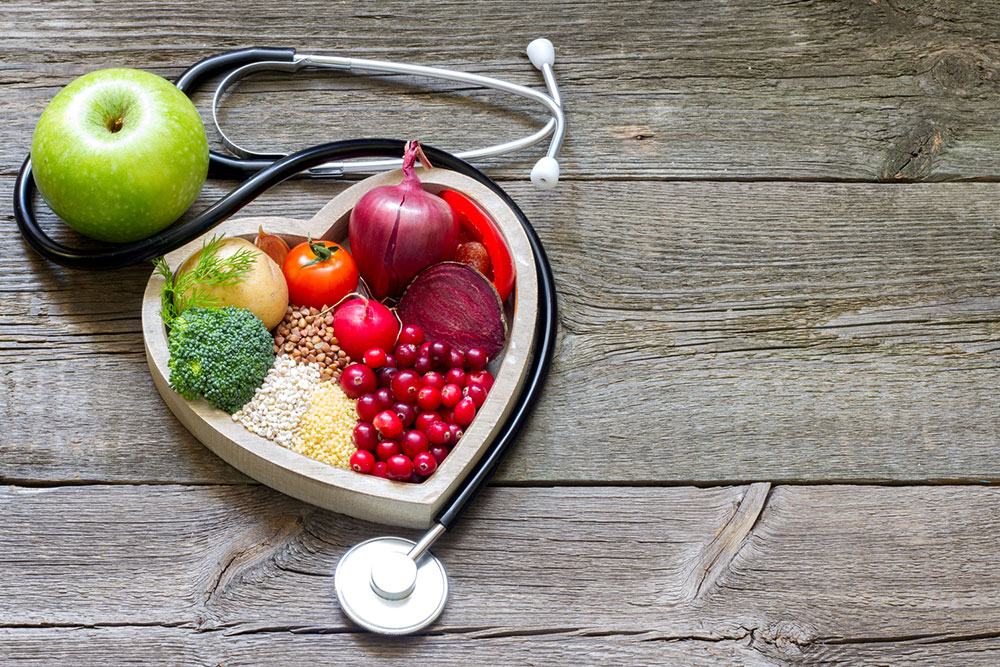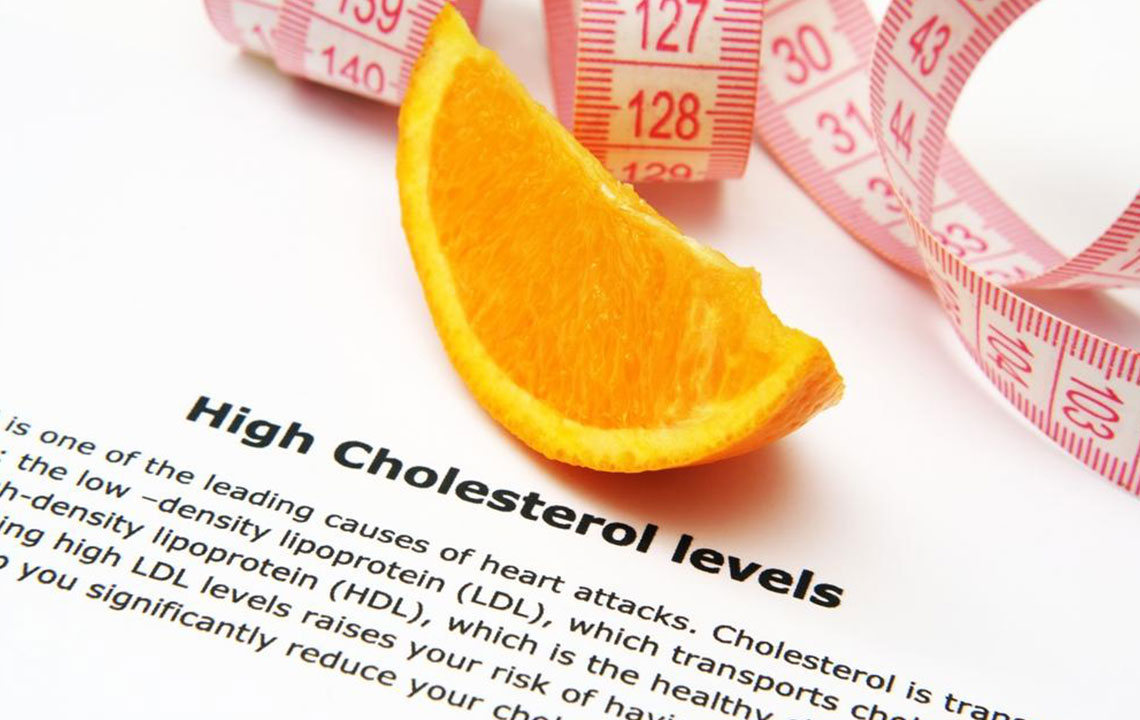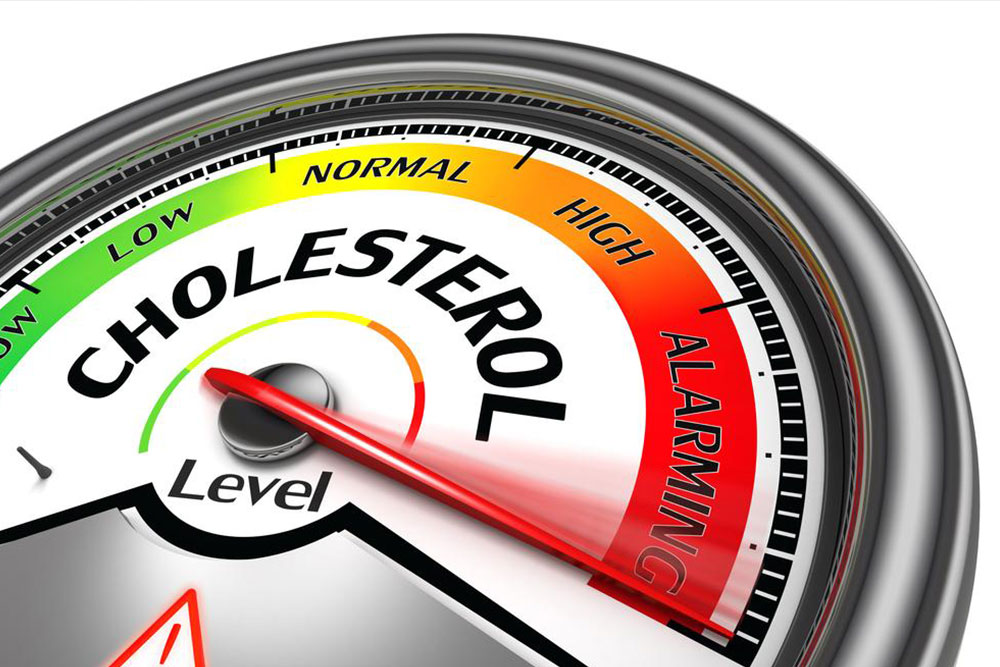Essential Foods to Limit for Better Heart Health
This article highlights four key foods to avoid for maintaining healthy cholesterol levels and reducing heart disease risk. It emphasizes choosing healthier alternatives such as low-fat dairy, homemade desserts, baked foods, and healthier cooking oils. Regularly consuming processed and fried foods can lead to cholesterol buildup, so mindful eating and reading labels are crucial. Proper dietary choices combined with medical advice can help sustain cardiovascular health and prevent related complications.
Sponsored

Cholesterol plays a vital role in the body’s functioning, supporting hormone production and cell development. Nonetheless, maintaining healthy cholesterol levels is crucial to prevent cardiovascular issues. Excessive intake of certain foods can elevate cholesterol, leading to clogged arteries and compromised blood flow. Processed and high-fat foods are major contributors. Below are four types of foods that are best limited or avoided to promote heart health.
High-fat dairy products
Many prefer full-fat dairy items, but they can raise cholesterol levels. Cheese, for instance, is high in saturated fats and salt. Butter and cream also contribute to increased cholesterol. Choosing low-fat or fat-free dairy options like skim milk and reduced cheese portions can help.
Sweet treats and baked goods
Consuming candies, cakes, and cookies regularly can harm cardiovascular health due to high sugar and saturated fat content. These foods may contribute to lipid buildup, increasing the risk of heart disease. To satisfy sweet cravings, opt for homemade desserts with natural sweeteners and avoid processed sweets.
Fried and fast foods
Items like French fries are high in saturated fats and cholesterol, primarily because of the frying oils used. Substituting baked potatoes or cooking fries with healthier oils such as olive or avocado oil can reduce saturated fat intake.
Trans fats
Trans fats, often found in hydrogenated oils, are harmful to heart health as they raise bad cholesterol levels. Always read food labels, especially for processed snacks like microwave popcorn, frozen pizza, or non-dairy creamers. Avoiding these can significantly lower cholesterol risks.
Managing cholesterol levels involves dietary awareness and lifestyle changes. Consult with healthcare professionals to develop a tailored plan to maintain heart health.






